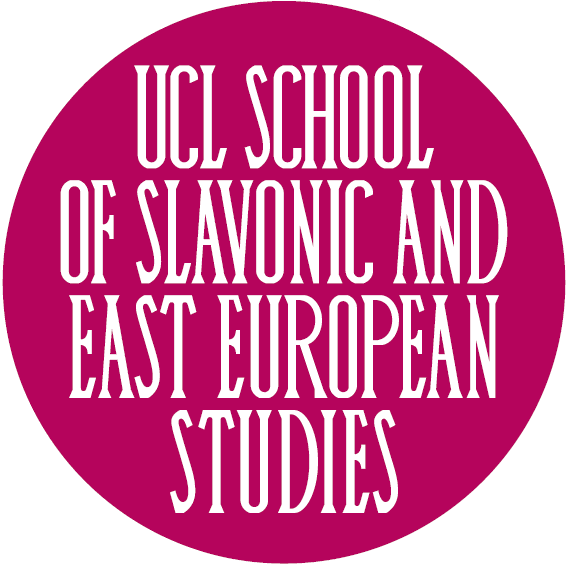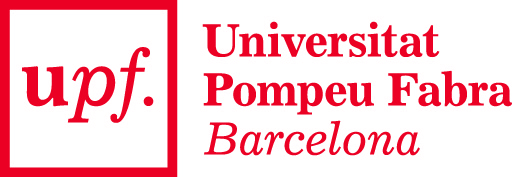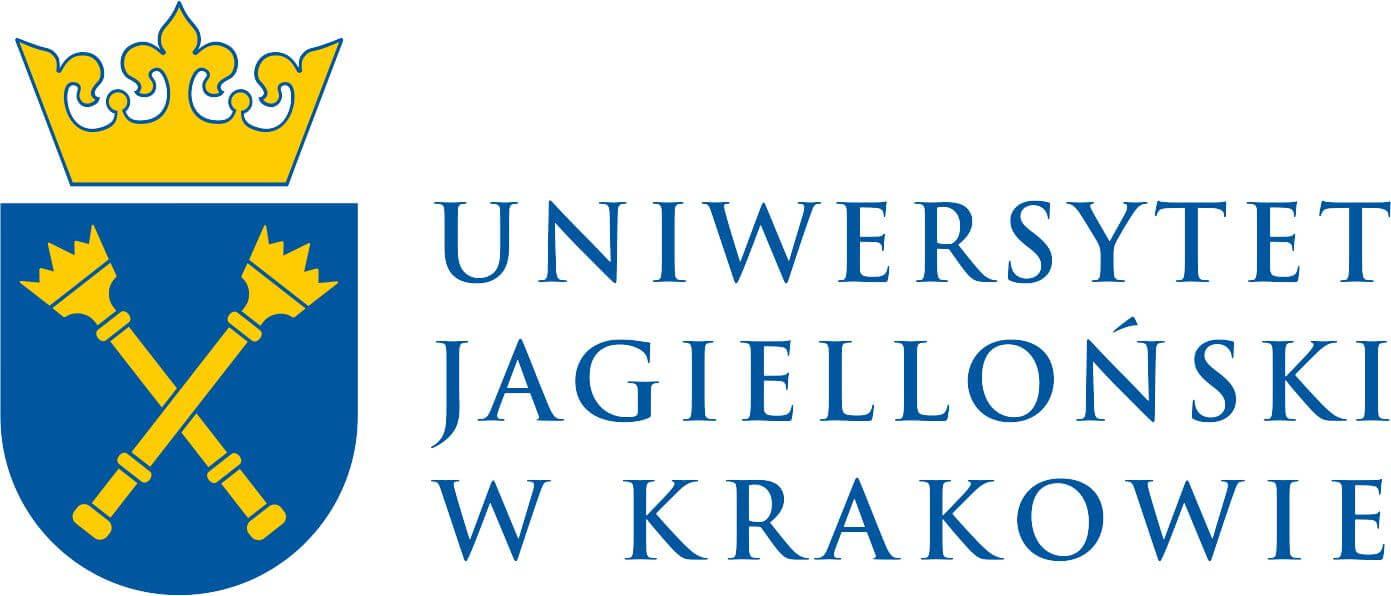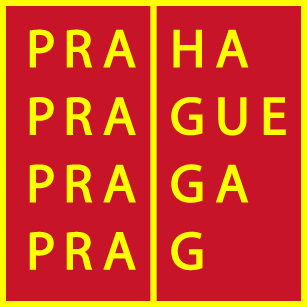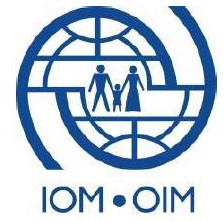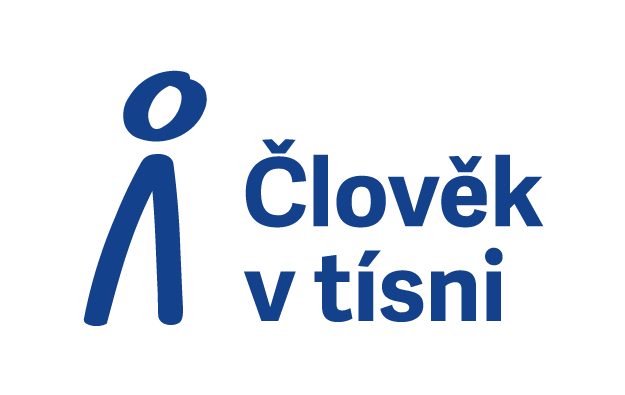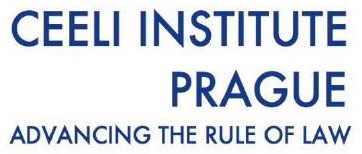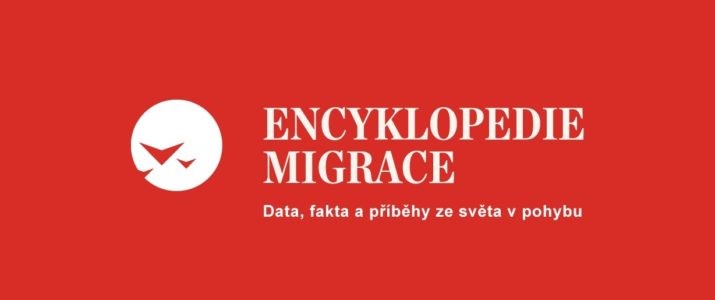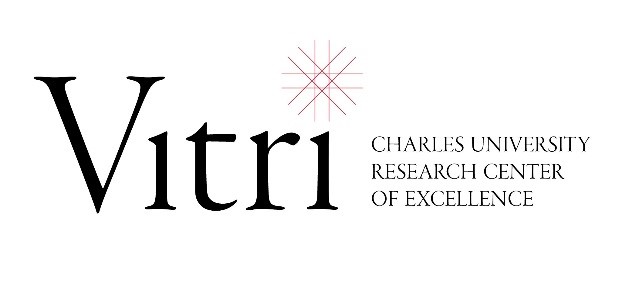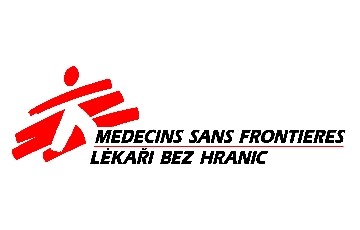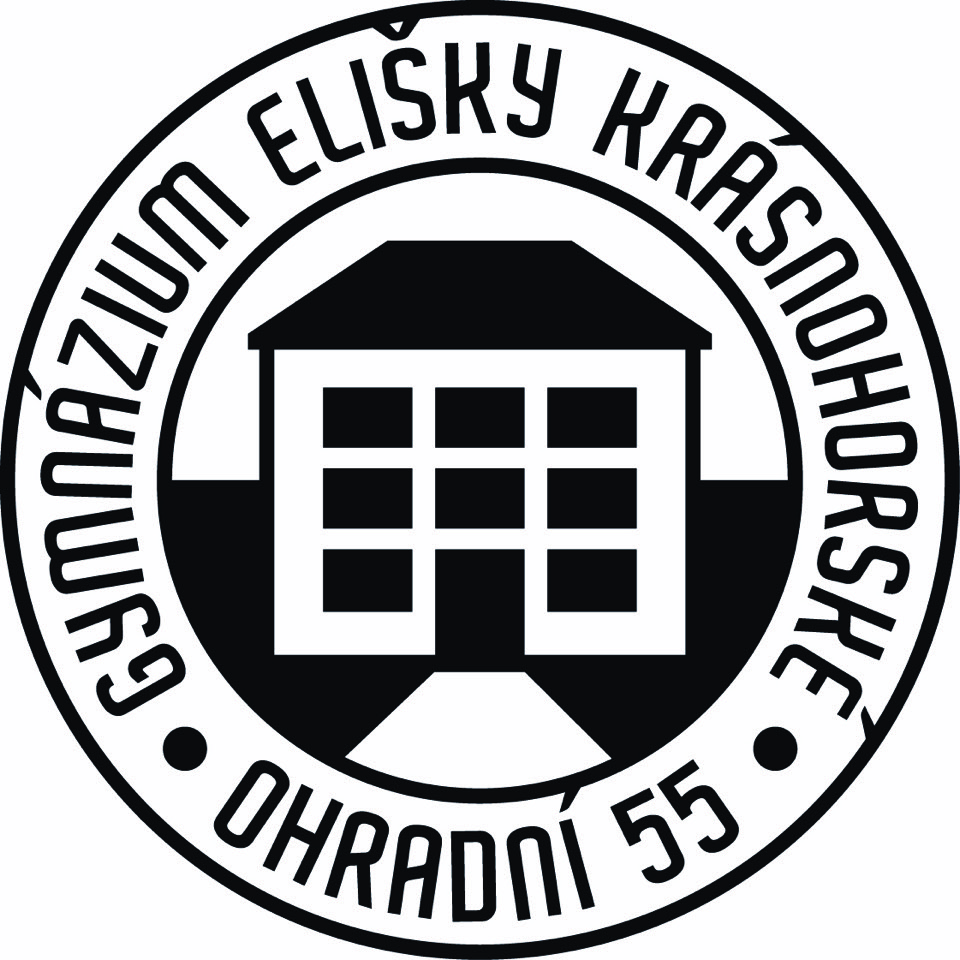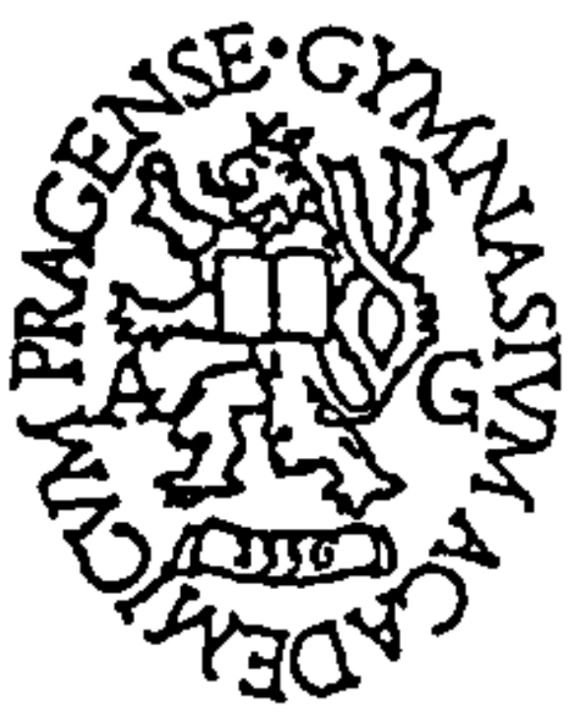Study Progression
Study Progression
The programme is organised in both full-time and combined formats. Each student’s academic obligations and timeline are defined in an Individual Study Plan (ISP). During the first four semesters, students complete mandatory methodological courses requiring their presence at IMS in Prague. In the following two years, they fulfil additional obligations such as publishing, participating in international conferences, and completing a foreign internship, while finalising their dissertation research.
Details are governed by the Rules for Doctoral Study Organisation at IMS FSV UK and other faculty regulations.
Students primarily consult their supervisors and designated IMS staff (Andrea Smolíková) or the programme director (Tomáš Weiss).
Rules for the Organization of Doctoral Studies
Further details on the organisation and content of the studies are governed by The Rules for the organisation of PhD Studies at the Institute of International Studies FSV UK, and by other relevant faculty regulations.
Handbook for Doctoral Students
-
Individual Study Plan (ISP)
The ISP is prepared by the student in collaboration with their supervisor, based on a template in the Study Information System (SIS). It must include all mandatory academic requirements listed in the Rules for the Organisation of Doctoral Studies and any additional obligations imposed by the Programme Board, programme director, or supervisor. It also specifies which previously completed exams count toward doctoral requirements. Copies of relevant certificates must be submitted to the faculty’s study department.
All obligations must be scheduled to be completed within the standard study period of eight semesters. The ISP must clearly indicate the semester in which each requirement will be fulfilled. Students follow the template ISP and consult any deviations with their supervisor and programme director.
Annual Evaluation and ISP Updates
Each academic year, students submit an annual study evaluation in SIS, detailing their progress and explaining any shortcomings. Supervisors assess the progress and propose measures, including potential stipend reductions if necessary. The Programme Board reviews these evaluations and makes decisions. The Programme Board can also approve ISP adjustments on the basis of the student’s request and the recommendation by the supervisor and the programme director.
Students are evaluated at the Programme Board’s September meeting. If given a “B” rating, they are re-evaluated in January. A “C” rating may lead to a recommendation for termination of studies on the basis of the lack of fulfilment of study obligations.
Students cannot apply for dissertation defence without fulfilling all ISP requirements.
Dissertation and Defense
The dissertation must be an original scientific work with new theoretical, empirical, or methodological contributions. It must be thematically and methodologically coherent text and meets all the formal requirements prescribed by the university and faculty regulations. It can be a monograph or a collection of studies. Details are defined by the Rules for the Organization of Doctoral Studies.
Defence occurs in two stages:
1. Small Defence – The student submits the dissertation to the programme director. It is discussed at the IMS management meeting (without the student). The management may recommend submission with or without changes or suggest revisions.
2. Formal Defence – After the small defence and potential revisions, the student applies for formal defence. Faculty regulations prescribe the form and the procedure. The dissertation is reviewed by two external experts (usually international), who provide assessments. Students may respond to these during the defence, which reviewers usually attend in person or online.


